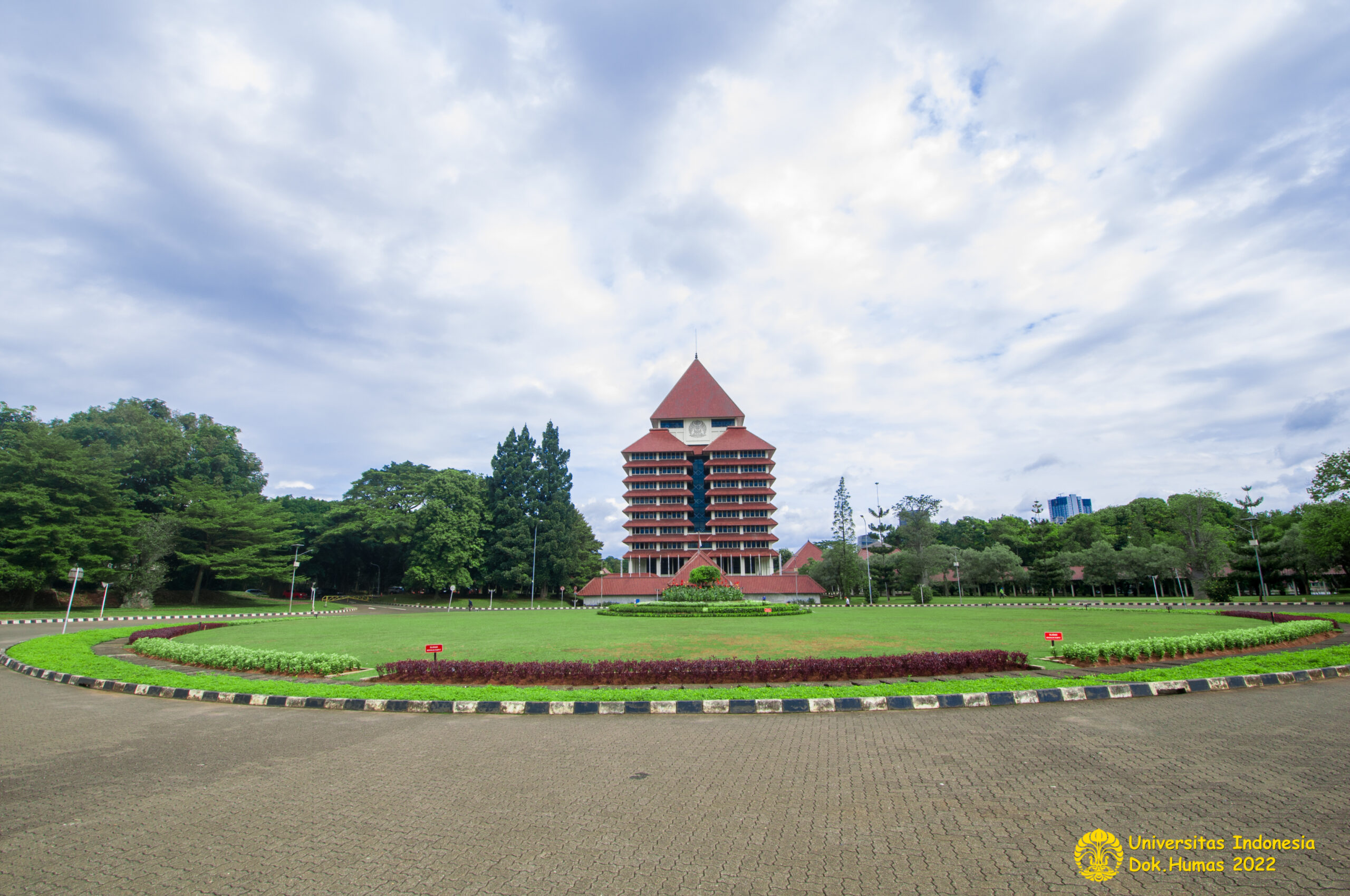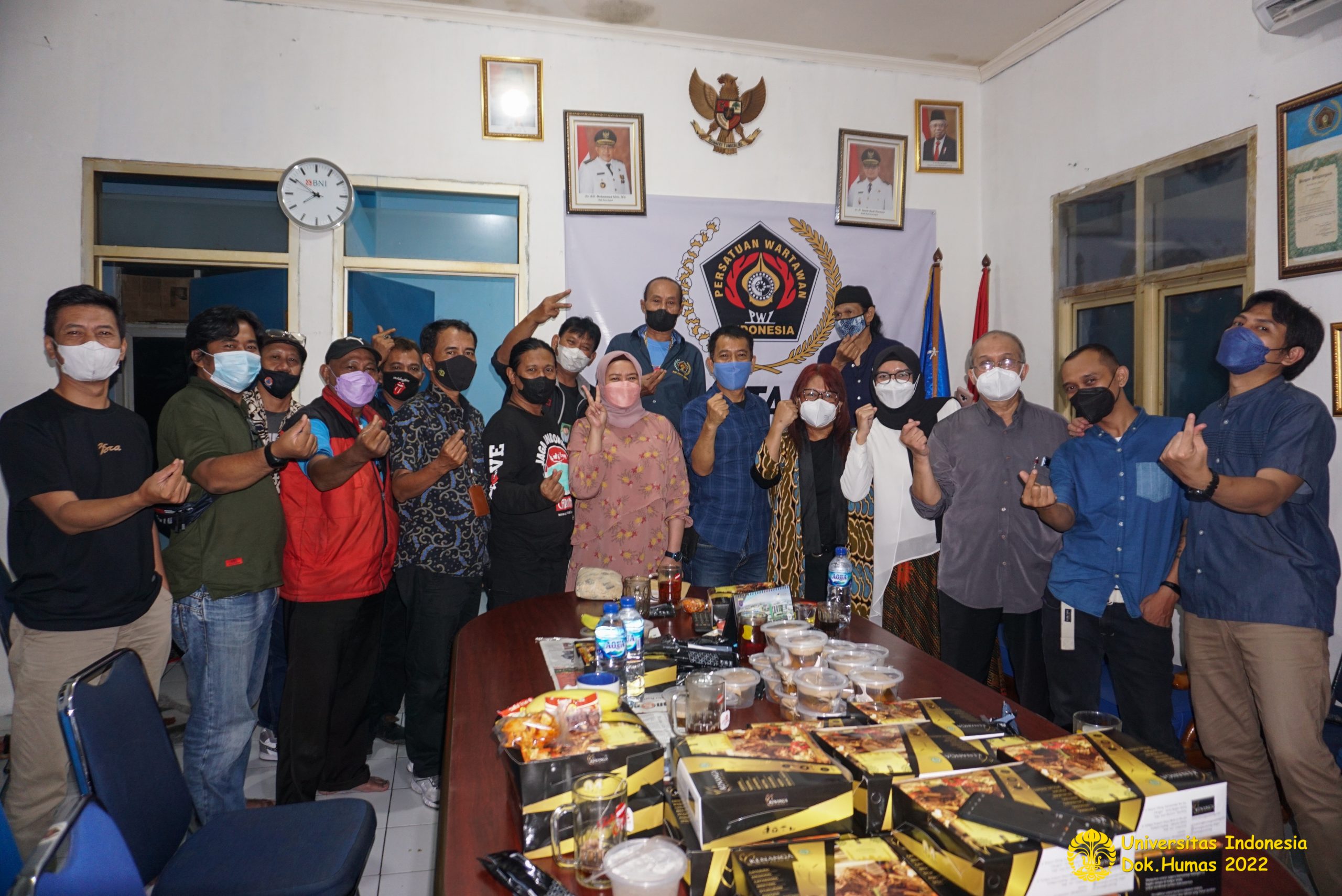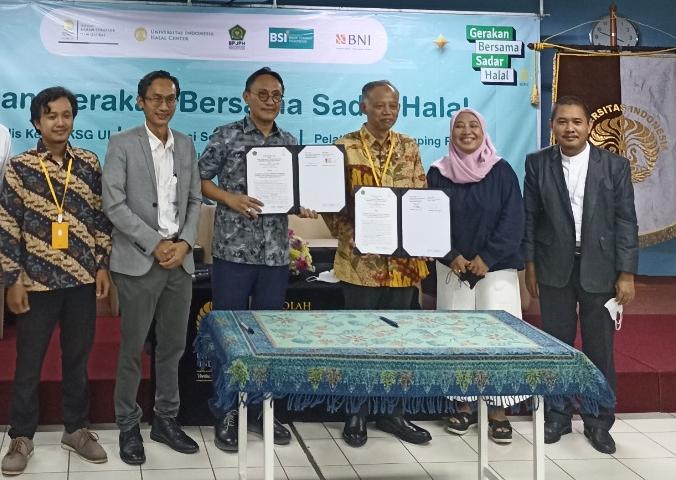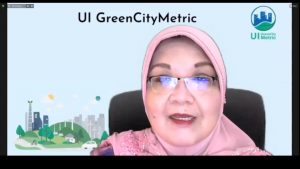
Universitas Indonesia (UI) GreenMetric for 12 years has conducted a worldwide university ranking program based on sustainability aspects, which include setting and infrastructure, energy, waste management, water, transportation as well as education and research. UI GreenMetric has a strong commitment to become a global platform for universities in the world to play an active role in overcoming the environmental challenges facing the world today.
Developments in the field of sustainability are considered quite important not only for educational institutions such as universities but also for wider coverage areas such as districts/cities. UI GreenMetric as a ranking of universities in the field of sustainability innovates and adjusts indicators so that assessments related to sustainability can also be carried out for districts/cities in Indonesia through UI GreenCityMetric.
These facts are the background for Universitas Indonesia (UI) GreenCityMetric to carry out “Socialization of the District/City GreenCityMetrics Ranking in Indonesia” from January 25, 2022 to January 27, 2022 virtually. The socialization was attended by a total of 78 participating districts/cities in Indonesia. The event was opened by the Director General of Regional Administration, Ministry of Home Affairs, Dr. Drs. Safrizal ZA., M.Sc., and Chair of UI GreenMetric Prof. Dr. Ir. Riri Fitri Sari, M.M., M.Sc.
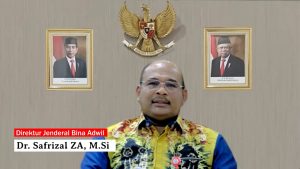
In his opening speech, Safrizal said that urban areas in Indonesia continued to grow with an average growth of 4.1% per year, faster than cities in other Asian countries. The increasing growth of the population living in urban areas provides economic opportunities and vertical mobility.
In addition, the surge in urbanization due to uncontrolled urban development will result in urban sprawl, so that cities grow beyond administrative boundaries. Residents of productive land and protected areas around the city center are used for the construction of settlements or built-up land and industrial land that supports urban areas.
According to Safrizal, the growth of urban areas which is not accompanied by the fulfillment of essential urban services such as housing, drinking water, sanitation, and public transportation, has created negative externalities that have an impact on livability. Cities will experience a decline in environmental quality, threat of disaster, clean water crisis, air quality, local food security crisis, and in general will cause an ecosystem damage. Management of urban areas must be carried out through sustainable development to minimize these negative factors, conceptually and operationally.
“Sustainable development has three mutually sustainable pillars. They are economic development, social development, and environmental development. The three pillars are symmetrically proportional to the implementation of the Universitas Indonesia (UI) GreenCityMetric. Universitas Indonesia (UI) GreenCityMetric will be able to strengthen and jointly realize the implementation of Urban PP,” said Safrizal. He hopes that UI GreenCityMetric will also be a reference for elaborating cities in Indonesia regarding environmental issues, sustainable development, innovation, and collaboration.
Head of Universitas Indonesia (UI) GreenMetric World University Rankings Prof. Dr. Ir. Riri Fitri Sari, M.M., M.Sc., said, “For Indonesia, we think this is the best moment for us to learn together based on the international standards that we have previously set to create a smart, resilient, sustainable city that is able to provide support for health. good and prosperity to many people.
“Hopefully, with today’s events and discussion sessions, it will eventually lead to the realization of all our cooperation to ensure and realize our city into an advanced and modern city that we can pass on to our future generations in good condition and able to support a good life. worthy and dignified,” said Prof. Riri.
After the opening remarks, the event continued with the presentation of the UI GreenCityMetric Rankings by a different speaker every day, Prof. Ir. Gunawan Tjahjono, M.Arch., Ph.D., Nyoman Suwartha, S.T., M.T., M.Agr., and Junaidi, M.A. The three speakers explained about UI GreenCityMetric, the context adopted by UI GreenCityMetric, the relationship between categories and indicators from UI GreenCityMetric, and Sustainable Development Goals; methodologies, indicators, and assessments in UI GreenCityMetric. Before the event ended, a UI GreenCityMetric online questionnaire filling workshop was also held and several things to consider when filling out the questionnaire.
A total of 78 districts/cities that participated in the activity were divided into three days. The first day (25 January 2022) was attended by 32 regencies/cities consisting of 29 cities and three regencies, including Cilegon, South Tangerang, Yogyakarta, Banjar, Bekasi, Bogor, Cimahi, Cirebon, Depok, Tasikmalaya, Magelang, Pekalongan, Salatiga, Semarang, Surakarta, Tegal, Batu, Blitar, Kediri, Madiun, Malang, Mojokerto, Pasuruan, Probolinggo, Surabaya, Bitung, Manado, Tomohon, Denpasar, Badung Regency, Gianyar Regency, and Tabanan Regency.

On the second day of the Socialization of District/City UI GreenCityMetrics Rankings in Indonesia, 23 cities and two districts participated, including Banda Aceh, Langsa, Subulussalam, Jambi, Pangkalpinang, Batam, Bandar Lampung, Pekanbaru, Padang, Padangpanjang, Pariaman, Payakumbuh, Solok, Lubuklinggau, Pagar Alam, Palembang, Prabumulih, Binjai, Gunungsitoli, Medan, Padangsidempuan, Tanjungbalai, Tebing Tinggi, Semarang Regency, and Kendal Regency.
On the last day, the socialization was attended by 17 cities and four regencies consisting of Mataram, Pontianak, Banjarbaru, Banjarmasin, Palangkaraya, Balikpapan, Bontang, Samarinda, Tarakan, Makassar, Parepare, Baubau, Tual, Jayapura, Sorong, South Jakarta Administrative City, East Jakarta Administrative City, Minahasa Regency, North Minahasa Regency, Tulang Bawang Barat Regency, and Demak Regency.
Writer: Vinny Shoffa

